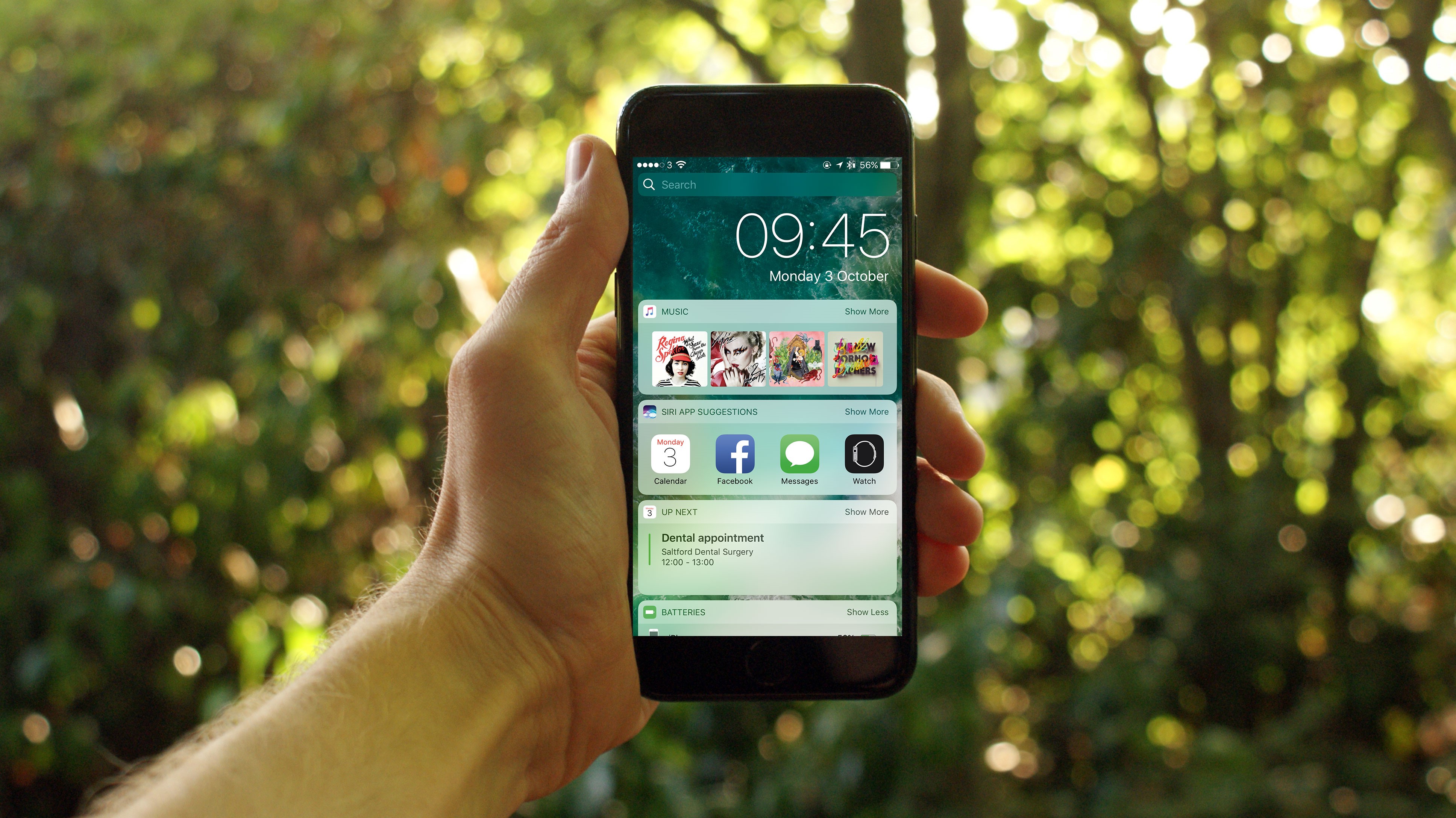Scam apps are rising high on the App Store, but it's easy to avoid them
The problem with adverts

Sign up for breaking news, reviews, opinion, top tech deals, and more.
You are now subscribed
Your newsletter sign-up was successful
There are tens of thousands of high quality apps on iOS, but there are also some that do little to nothing and will charge you large amounts of money for the privilege. Worse, some of them are rising high in the App Store rankings, as a new report details.
Writing on Medium, Johnny Lin highlights a number of (seemingly now removed) apps which are free to download, but hit you with high weekly subscription fees, in one case charging as much as $99.99 (around £80/AU$130) every 7 days.
That particular app was questionably called ‘Mobile protection :Clean & Security VPN’ and was ranked number 10 in the top grossing productivity apps section of the store.
It would be an enormous rip-off if it even worked, but there’s little evidence that it kept your phone clean and secure as claimed.
Yet it was briefly riding high with $80,000 (roughly £63,000/AU$106,000) per month in revenue according to Sensor Tower, so how did it succeed? The answer, apparently, is search ads. There’s no filtering or approval process for them, so sketchy app developers can pay to have their apps listed high in search results.
And in the case of the example above it only takes 200 people falling for it to achieve those sorts of revenue levels, thereby getting it into a top 10 list, where it becomes even more visible.
Avoiding the scams
With any luck, Apple will improve its search ads service soon, to prevent this happening, but in the meantime it’s not too tricky to avoid falling victim.
Sign up for breaking news, reviews, opinion, top tech deals, and more.
First off, be wary of anything that’s listed as an advert, since it’s not organically at the top of listings. These scam apps seem to generally be listed as virus scanners, VPNs and password managers, so be particularly wary of them. Especially virus scanners, as just about all the legitimate ones have been removed from the App Store.
Next, be wary of spelling mistakes, broken English and a general lack of polish. And look at the reviews – the app may have a five-star rating but if the attached comments look suspect or don’t go into much detail they could be fake reviews. And of course, check for any IAPs.
Or better yet, just stick to our lists of the best iPhone apps, best free iPhone apps, best iPad apps and best free iPad apps – we’ve carefully curated these lists, filling them with only the best the App Store has to offer.
- The iPhone 8 is on the way
Via 9to5Mac
James is a freelance phones, tablets and wearables writer and sub-editor at TechRadar. He has a love for everything ‘smart’, from watches to lights, and can often be found arguing with AI assistants or drowning in the latest apps. James also contributes to 3G.co.uk, 4G.co.uk and 5G.co.uk and has written for T3, Digital Camera World, Clarity Media and others, with work on the web, in print and on TV.